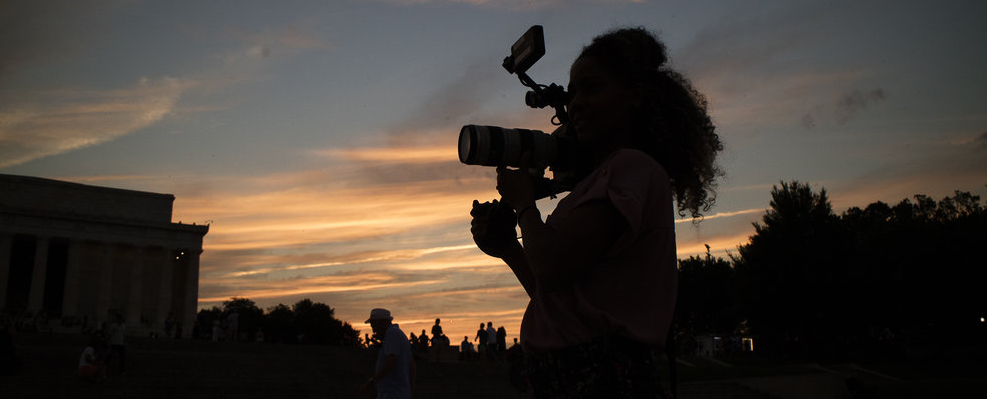
On this module, we engage with three key areas: cinema as an artistic medium; film history and social contexts of film-viewing; and film and media theory, looking at cinematic media (from celluloid to digital) as cultural productions and as texts received and consumed by audiences. We begin by exploring key elements of cinematic form, such as narrative, editing, mise-en-scène, sound and colour, before moving on to issues of representation (gender, class, race, sexuality) and theoretical issues, including genre, the gaze, authorship and alternative types of narration.
The module features an extensive lecture programme over the year, delivered by Film Studies staff. Every student should attend the weekly lecture/screening, and seminar.
Background in writing for the humanities and/or media studies is recommended. Students registered for any film studies degree, for which LT121 is a pre-requisite, have priority in applying for the places available on this course.
Module Supervisor's and Tutors' Research into Subject Area
Lecturers on LT121 are leading researchers in film and media studies, and have published widely in areas such as feminist film studies, women's authorship and representation in film, US film, World Cinema, independent cinema, and digital media.
- Module Supervisor: Shohini Chaudhuri
- Module Supervisor: Daniel O'Brien

